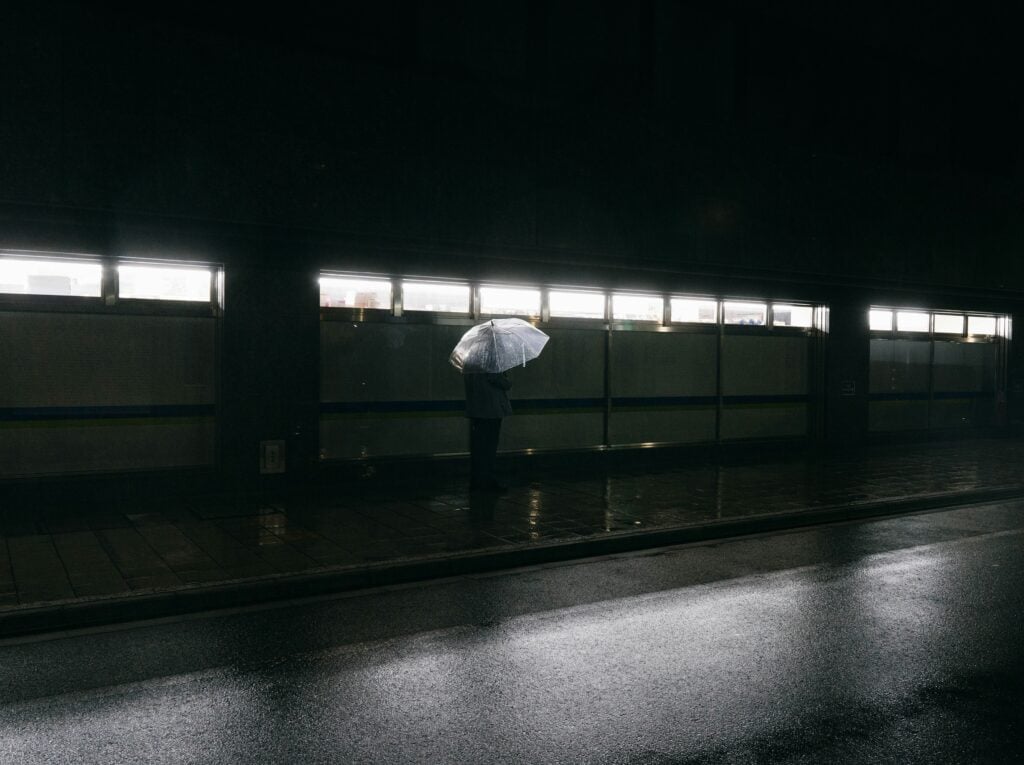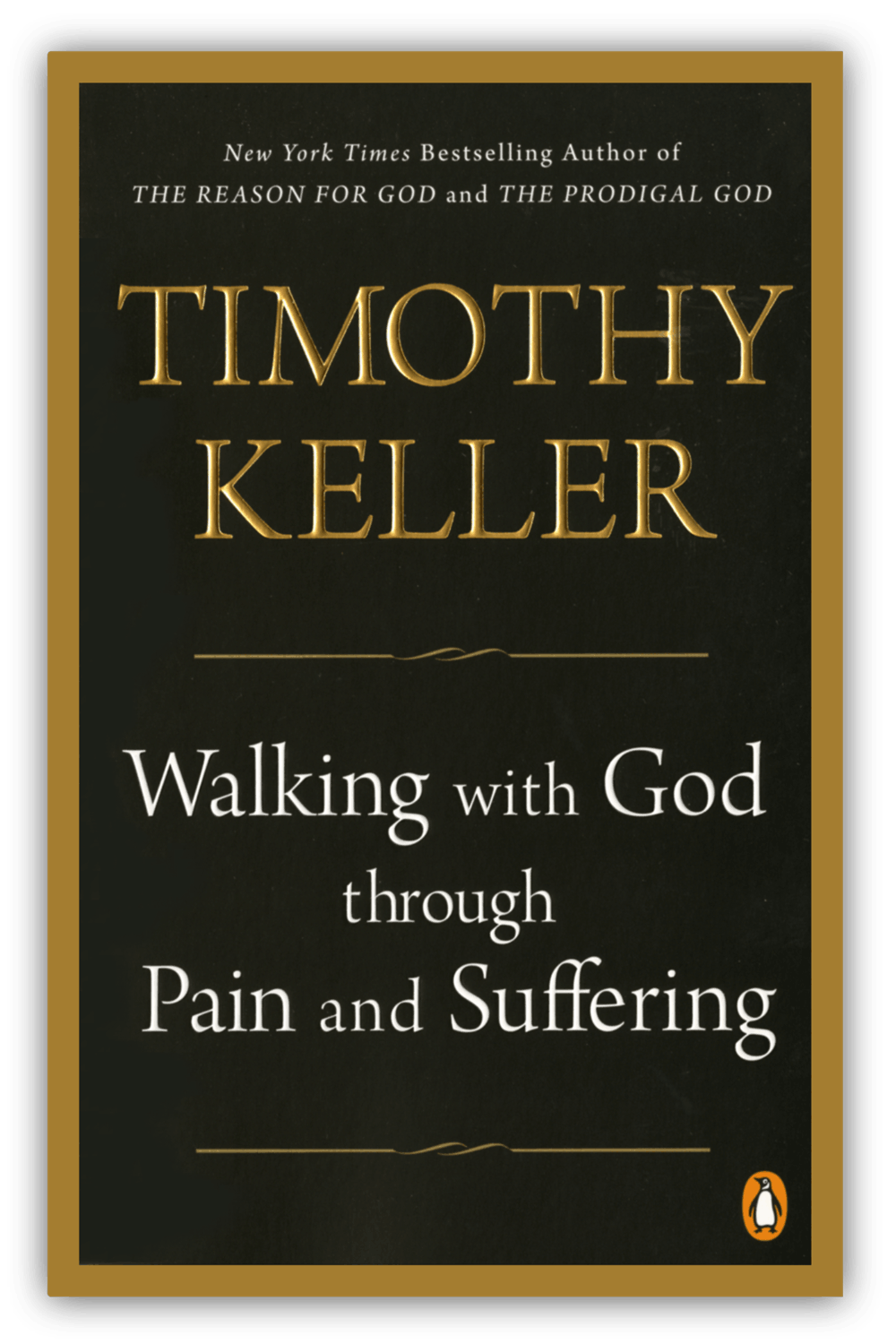Justin Brierley released a book called The Surprising Rebirth of Belief in God in September 2023. It came on the back of a podcast of the same name, which captured numerous conversations with, as he puts it, “prominent public intellectuals, who are surprised by the continued relevance of the Christian story.” But, this surprising rebirth is not confined to public intellectuals alone. Since the low-tide mark of 2021, spiritual openness in the US is rising, with 2/3 of Gen Z saying they are highly or moderately spiritually open. [] [1] Barna Group, “Spiritual Openness, Across Generations,” Dec 13-22, 2022. In New York, church favourability ratings have improved significantly; 86% of Millennials and 78% of Gen Z are very or somewhat favorable to the church, and this is 82% for all adults. [] [2] Barna Group, “2025 State of New York City.” https://www.for.nyc/state-of-our-city. Similarly, secularism is declining. Fewer than 10% of adults in New York today are truly secular, not believing in the spiritual.
These may be surprising because they push against the widely held belief in the inevitable march of secularization. From the 1960s onwards there was a growing social consensus of what became known as the secularization hypothesis. The thesis was that as society became more technologically advanced, religion would not be needed to understand and explain the world, and therefore, people would become more secular. [] [3] The thesis was originally developed by the German thinker Max Weber in the 19th Century, and then picked up and popularized by American sociologist Peter Berger in the 1960s, though Berger would later say (in light of evidence that countered the thesis) that this was the single biggest error of his very distinguished academic career. However, the secularization hypothesis didn’t materialize, at least not as many thought it would.
Why hasn’t secularization worked? Why are people returning to religion and spirituality today, and how can we meet this cultural moment with the gospel?
To understand what is going on, we need to go back to one of Jesus’ most famous parables, the parable of the two builders in Matthew 7:24-29. One builds on rock, and one builds on sand. The rains come and only the house built on the rock stands. How does this help us grasp and respond to what is taking place in our time?
We all build on something
First, we need to see that we all build on something. In the parable, Jesus contrasts two builders, one who builds on the rock and one who builds on the sand. It may seem obvious, but those are the only two options given because when it comes to our deeply held beliefs, everyone builds on something.
Everyone builds on something, and the only choice we really get is whether we are building on something solid or something shaky.
We tend to think that there are people of faith and secular people. But the parable frames it differently. Spiritually speaking, everyone builds on something, and the only choice we really get is whether we are building on something solid or something shaky.

Another way to explain this is that everyone has a faith. By this I mean that everyone has a foundational set of deeply rooted beliefs they draw on to understand the world and live in it. Of course many people do not examine their beliefs. However, just as many of us live in apartment buildings or houses where we have not examined the foundations—that does not mean that the building does not have them, nor that we aren’t relying on them every day. G. K. Chesterton has explained that when people don’t believe in God, they don’t believe in nothing—they believe in something else.
Secularism has frequently been advanced by those who would take issue with Christian foundations. Often they have failed to examine what secularism itself is founded on. A major reason for the surprising rebirth of belief in God is that nihilism (a philosophical belief that ultimately there is nothing), which underpins secularism, is a poor foundation to build life on. Jesus’ parable starts to expose why this is.
Secularism cannot withstand storms in this life
Secularism is the view that human life should be ordered not around religion but around humanistic and natural concerns. It is intimately connected with nihilism, a view predominantly arising from European continental philosophy in the 20th century that there is nothing outside of the here and now. As Jean-Paul Sartre wrote in his novel Nausea, “Every existing thing is born without reason, prolongs itself out of weakness, and dies by chance.” (It isn’t a very uplifting novel!)
Of course, not many people who claim to be secular have the intellectual bravery to confront the reality of nihilism the way Sartre did. Instead, we tend to dress it up with well-intentioned (but ultimately untrue) clichés, bromides, and aphorisms. “You are amazing!” “You can do whatever you want to do and be whoever you want to be!” “It will work out in the end.” To stretch Jesus’ parable, such sentiments are a bit like decorating the house built on sand with attractive wallpaper. It may look nice to live in for a time, but the decoration will do nothing to help when the storm hits.
The parable’s storm alludes to stresses, strains, and suffering of this life. As ever, Jesus’ teaching has a sober realism to it. Such difficulties will come; they are inevitable, and when they come they shake and expose our foundations. Nihilism pushes us to seek to find happiness and construct meaning in the here and now of our circumstances. But finding meaning and happiness in our circumstances can’t withstand the storm. Storms shake our circumstances, whether it is our health being taken away, losing a job, the sadness of a broken relationship, someone dying, or just the regular stresses and strains of life. Consequently, when our circumstances are stripped away, what do we have left? The secular myth is that the things of this life are sure enough and good enough to satisfy and give us meaning. They aren’t, and they can’t.
Secularism cannot withstand the storm in the life to come
Secondly, secularism can’t withstand the storm in the life to come. Throughout Scripture, death and judgment after we die are pictured as a storm. “See, the storm of the LORD will burst out in wrath, a whirlwind swirling down on the heads of the wicked” (Jeremiah 23:19).

In the 21st century, the idea of God’s judgment feels jarring and scarcely believable. One of the reasons we experience this dissonance is that we live in what philosopher Charles Taylor calls the “imminent frame.” The West is unique in the history of the world in believing that the imminent is all there is and that there is no transcendence. However, this view has ironically left us craving spirituality and living with a sense that “there must be more to life than this.”
Another significant problem with the imminent frame is that if there is nothing more than this world, then values like justice and human rights don’t have the meaning we think they do. For example, justice by implication requires an ultimate standard of right and wrong that all people should be held to. But this only makes sense if there is a transcendent standard by which all people in all times and places are accountable to. Without this, justice quickly collapses into a ruling class or nation exerting its power over those who are weak. America’s founding fathers knew this very well, which is why the Declaration of Independence states that, “All human beings are created equal, that they are endowed by their Creator with certain unalienable rights.” The reference to the Creator is not mere anachronism—it is the philosophical foundation for our rights. Take away the Creator and the rights evaporate.
But, if there is a Creator who grounds the concept of justice, then justice also requires that we are all judged. Justice is by nature impartial and universal. Therefore, how do we think we will stand when all our actions are impartially and perfectly assessed? Deep down we know that we fall short of our own partial and imperfect standards, let alone the perfect standards of God. Nihilism cannot prepare us for this judgement. Consequently so much of life in the city today is characterised by frantic activity fueled by the need to do enough and be enough, or on the flip-side a disquieting sense of guilt and shame that haunts our quiet moments no matter the attempt to escape through doomscrolling. “The rain came down, the streams rose, and the winds blew and beat against that house, and it fell with a great crash” (Matthew 7:27).
So build on Jesus’ words
How does hearing the words of Jesus and putting them into practice give us firm foundations? Jesus gives us the alternative to the secular myth. As Jesus frames the gospel in the first beatitude at the beginning of the Sermon on the Mount, “Blessed are the poor in spirit, for theirs is the kingdom of heaven” (Matthew 5:3).
What this means is that precisely when you are facing storms in this life, when you have things stripped away and become poor in spirit, if you trust in Jesus, he will bless you with a kingdom not of this world but the kingdom of heaven. Such a kingdom can’t be taken away by storms in this world because it is not of this world. This kingdom can’t be lost by failing to achieve the right circumstances because it is not given to achievers but by grace to those who know they are spiritually bankrupt.
Such a kingdom can’t be taken away by storms in this world because it is not of this world.
This has been framed in different ways in the spiritual life. Theresa of Avila called it the interior castle because such a faith in God protects our inner-life from storms that would otherwise assail the ramparts. God’s grace keeps us secure.
Not only this but the gospel enables us to face the storm of God’s judgment. Psalm 42:7 evocatively says, “Deep calls to deep in the roar of your waterfalls; all your waves and breakers have swept over me.” When Jesus died on the cross, the waves and breakers of judgment swept over him. Jesus faced the ultimate storm of the Father’s anger at sin for all of the ways that we have sought to build our lives on foundations apart from God. Jesus was plunged into the depths of despair as he cried out “Why have you forsaken me?”—so that we might never be overwhelmed by the floodwaters.
When we start to grasp and internalize this gospel, we can face the storms of this life and the life to come with an otherworldly security.
As the old hymn phrases it,
How firm a foundation, ye saints of the Lord,
Is laid for your faith in His excellent word!
What more can He say than to you He hath said,
To you who for refuge to Jesus have fled?“Fear not, I am with thee, O be not dismayed,
For I am thy God, and will still give thee aid;
I’ll strengthen thee, help thee, and cause thee to stand,
Upheld by My righteous, omnipotent hand.”“When through the deep waters I call thee to go,
The rivers of sorrow shall not overflow;
For I will be with thee, thy troubles to bless,
And sanctify to thee thy deepest distress.”“When through fiery trials thy pathway shall lie,
My grace, all sufficient, shall be thy supply;
The flame shall not hurt thee; I only design
Thy dross to consume, and thy gold to refine.”“The soul that on Jesus hath leaned for repose,
I will not, I will not desert to his foes;
That soul, though all hell should endeavor to shake,
I’ll never, no, never, no, never forsake!” [] [4] “How Firm a Foundation.”




